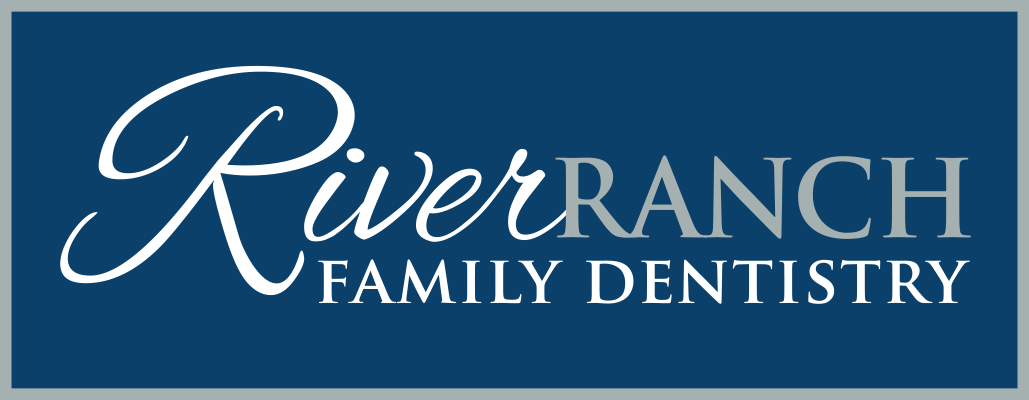Appointments
Please read our office hours below:
Mon - Thu | 8am - 5pm
Friday | 8am - 3pm
Sat & Sun | Closed
Please note that our office will be closed in observance of the following holidays:
New Year’s Day, President’s Day, Good Friday, Memorial Day, Fourth of July, Labor Day, Thanksgiving, Friday after Thanksgiving, Christmas
For your convenience, we offer the following methods to schedule your appointments:
- Online scheduling: To request appointment availability, please click here to fill out the form. Our scheduling coordinator will contact you to confirm your appointment.
- Call our office at (512) 548-6807.
- Email us with your preferred date or day of the week and time range, and our scheduling coordinator will contact you to confirm your appointment.
The American Dental Association recommends twice-yearly exams and cleanings. Some people may need more frequent check-ups based on their dental needs. After your first exam, we’ll be able to determine the best frequency for your dental health.
- Insurance card/information.
- List of current medications and medical conditions.
- X-rays taken in the last 6 months (if available).
Please call our office at least 24 hours in advance of your appointment. We’ll work with you to help you find another date that fits your schedule.
Treatments
We will conduct a thorough examination on your first visit to determine the best course of action to achieve dental health and your goals. We will:
- Take full mouth x-rays to identify any current problems and to use as a baseline on future visits to detect early signs of problems.
- Assess gum condition and health.
- Examine teeth for cavities and condition of old dental restorations.
- Perform a head and neck exam, including salivary glands and lymph nodes, for swelling or other abnormalities.
- Screen for oral cancer and TMJ (jaw joint).
- Clean and polish your teeth.
Many medical conditions present additional symptoms in the mouth and can affect oral health, so your medical information is very important in diagnosing issues with your teeth, gums and mouth.
Fillings can last for many years, but over time they wear down, discolor, crack and sometimes fall out. Early detection of problems with fillings can help you avoid getting cavities under the filling and causing more serious decay. Let us know if you’re experiencing any pain. We’ll check your fillings at every visit to determine if any need to be replaced.
Composite fillings are widely preferred to amalgam today to fill new cavities and replace old fillings needing repair. However, there are some instances when amalgam is still recommended, based on your individual health profile. In addition, some insurance providers will not approve composite fillings in posterior teeth, which would increase your out-of-pocket expenses.
Absolutely. Dental X-rays are essential, preventative, diagnostic tools. Many oral conditions occur between teeth or under the gums or bones, undetectable by the human eye, and may have no early signs or symptoms. Left untreated, these conditions can create serious dental and general health problems, including loss of teeth and heart problems. Early detection with X-rays can make treatment much less painful, faster, and less expensive. The American Dental Association recommends getting a full series every three years.
SEDATION
Many dental procedures can be completed under local anesthesia. However, to help more anxious patients relax, or for more complex procedures, inhalation sedation (nitrous oxide) can be used.
The most common anesthesia, Novocaine works by blocking the nerve that supplies sensation to the teeth in a specific area. You feel no pain during the procedure and are totally alert, aware, and able to function normally. The effect wears off fairly quickly with no side effects.
Known as nitrous oxide or “laughing gas,” you’ll experience a feeling of euphoria after just 2-3 minutes of breathing in the gas. You’ll be aware of your surroundings and able to respond to questions. Inhalation sedation has very few side effects and is eliminated from the body within 3 to 5 minutes after the gas supply is stopped.
CHILDREN
According to the American Academy of Pediatric Dentistry, you should begin cleaning your child’s gums with a soft cloth soon after birth. As soon as the first tooth appears, start brushing twice daily with a soft infant toothbrush and just a smear of toothpaste. When you come in for your child’s first visit, we’ll show you how to brush properly.
The American Academy of Pediatric Dentistry recommends visiting the dentist as soon as the first tooth appears, or by the child’s first birthday. We can look for potential problems and help your child get to know us as their friend. These early visits can make your child’s experience with a dentist a positive one.
Please note that patients under 18 must be accompanied by a parent or guardian at all visits. We want to meet with both of you to discuss findings and treatments, and to address your questions and concerns.
INSURANCE / FINANCIAL
River Ranch Family Dentistry offers several payment options:
- Cash, check or credit card at time of service
- Payment plans – For major treatments, we will work with you to develop a payment plan.
- Insurance - We accept most major insurance providers! Call us for details.
If you have insurance through one of our approved providers, only your estimated portion of the fees will be required at the time of service.
If you do not have insurance, we will require payment at the time of service or as specified in your payment plan.
Yes, through Care Credit and we offer both short-term interest-free financing and longer-term financing with low monthly payments. We will be happy to work with you to find the best payment option for you!
